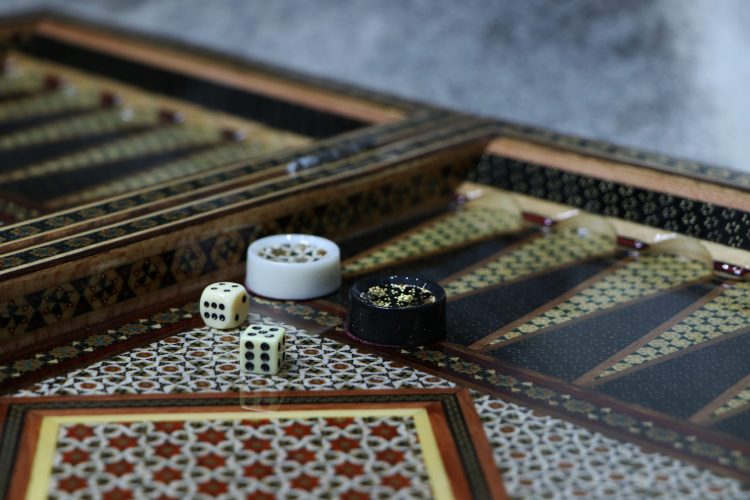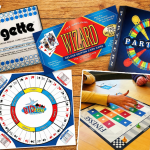Bridge is one of the most unique and specialized table games in the world. The trick-taking card game is played by millions of people across the globe, including both online and in-person
Underrated Tips to Improve Table Game Strategy

Underrated Tips to Improve Table Game Strategy
Bridge is one of the most unique and specialized table games in the world. The trick-taking card game is played by millions of people across the globe, including both online and in-person. As players advance in their experience, they start reading other’s moves and bluffing with bigger bets —which is one of the game’s most exciting aspects.
Still, just because bridge is unique in its approach to tactics, trickery, and communication, that doesn’t mean it doesn’t share a few lines with other popular card, table, and strategy games. In reality, many games that fit in these categories share characteristics that make certain skills a requirement for success.
These skills include memory, a basic understanding of probability, decision-making, and more. The more a bridge player plays other games like poker, backgammon, mahjong, and chess, the more they’re likely to develop these peripheral skills. By studying these games closely, a player can also pick up a few pieces of advice for improving their bridge game.
Keep reading for four examples:
From the Poker World: Build a Community
When it comes to succeeding in poker, there’s an endless list of advice from pros. But which ones will help a bridge player find more success? Given poker and bridge both involve bluffing, there are a few lessons players can learn from the poker world. One important skill is to learn to read people and scenarios. To do this, one tip from coach Bahman Zarghami is to expand your group of gaming friends.
But why—and how does this help with bluffing? By expanding your circles and getting involved in communities, you’ll come into contact with a more varied group of players. More players means more exposure to their strategies, mindsets, and approaches related to bluffing and when to play a psych. Here, it’s all about gaining exposure.
From the Backgammon World: Study Up
Backgammon has an incredibly long list of strategic approaches. In fact, one of the first pieces of advice for new players is to memorize various starting positions and reference positions. This will help them to recognize when to apply different strategies and how to respond, also known as ‘reply charts’.
Bridge players can take this approach to studying and make it their own. Depending on which type of bridge they’re playing, whether contract or duplicate bridge, a different strategy will probably pay off. In other words, a generalized approach to strategy might not be helpful enough. Be sure to know when and how to apply strategies.
From the Mahjong World: Develop Patience & Vision
From the outside looking in, mahjong doesn’t have much in common with bridge. Mahjong is a matching domino game, which requires players to be offensive and defensive in equal measure. The game prioritizes observation, as well, and its long form leaves players more time to tinker with a strategy.
Here is one of mahjong’s clear lessons for bridge players: be patient and know when to strike, especially if playing in a tournament. This is important for almost every decision, including whether to bluff and risk confusing your partner. And even if you’re not plotting as the game goes on, there’s no harm in letting other players think you have a plan hammered out.
From the Chess World: Play Related Puzzle Games
Mainstream media treats chess with very high regard compared to other table games. Chess champions are held up as cultural paragons—even if very few people tune in to watch chess live. So, how do world champion chess players improve their skills when the stakes are so high?
One tool pros use is chess-like puzzles. These puzzles closely mirror the most prevalent challenges in standard games and can be found online. Though they’re used by pros, they’re also popular with hobbyists.
The same goes for bridge. If you want to squeeze in an extra bit of practice, consider opting for a bridge puzzle instead of a regular game. These can be found online with a simple Google search.
Photocredit: unsplash








